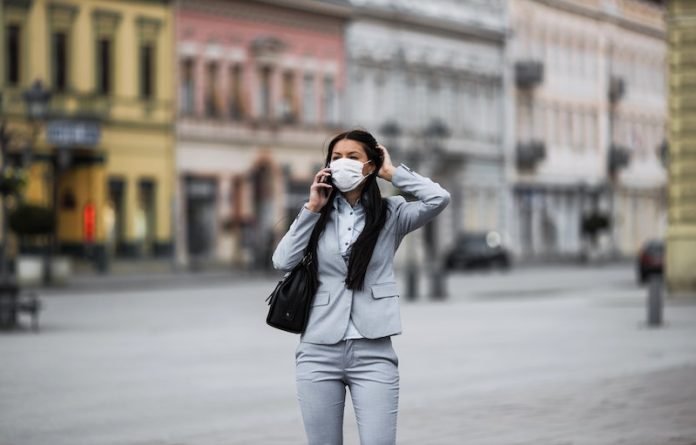
The World Health Organization’s most recent estimates (2016) are that over 4.2 million people die prematurely each year due to long-term exposure to fine particulate outdoor air pollution (often referred to as PM2.5).
In a study from McGill University and elsewhere, scientists found that the annual global death toll from outdoor PM2.5 may be much higher than previously thought.
That’s because the researchers found that mortality risk was increased even at very low levels of outdoor PM2.5, ones which had not previously been recognized as being potentially deadly.
These microscopic toxins cause a range of cardiovascular and respiratory diseases and cancers.
In the study, the team found that outdoor PM2.5 may be responsible for as many as 1.5 million additional deaths around the globe each year because of effects at very-low levels that were not previously appreciated.
They got this conclusion by combining health and mortality data for seven million Canadians gathered over a twenty-five-year period with information about the levels of outdoor PM2.5 concentrations across the country.
Canada is a country with low levels of outdoor PM2.5, making it the perfect place to study health impacts at low concentrations.
Knowledge gained in Canada was then used to update the lower end of the scale that is used to describe how mortality risk changes with outdoor PM2.5 levels.
The result? An improved understanding of how air pollution impacts health on a global scale.
The WHO recently set out ambitious new guidelines for annual average outdoor fine particulate air pollution, cutting its earlier recommendations in half, from concentrations of 10 to concentrations of 5 micrograms (ug) per cubic meter.
The current United States Environmental Protection Agency standard of 12 (ug) per cubic meter is now more than double the value recommended by the WHO.
The team says the next steps are to stop focusing only on particle mass and start looking more closely at particle composition because some particles are likely more harmful than others.
If you care about lung health, please read studies about how to manage chronic lung disease amid COVID-19, and E-cigarettes change inflammation in the brain, heart, lungs, and colon.
For more information about health, please see recent studies about why smokers have a lower risk of COVID-19, and results showing scientists find the cause of lung cancer in never smokers.
The study was conducted by Scott Weichenthal et al and published in Science Advances.
Copyright © 2022 Knowridge Science Report. All rights reserved.



